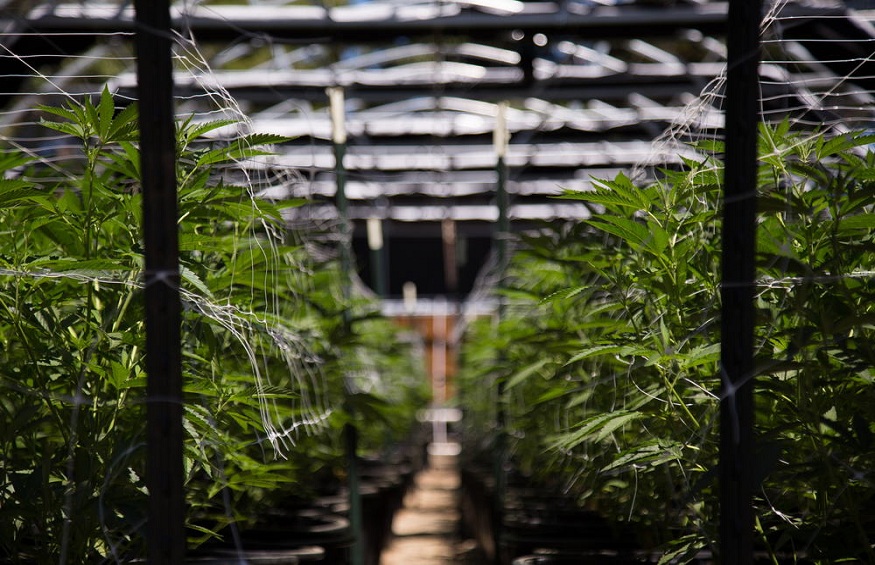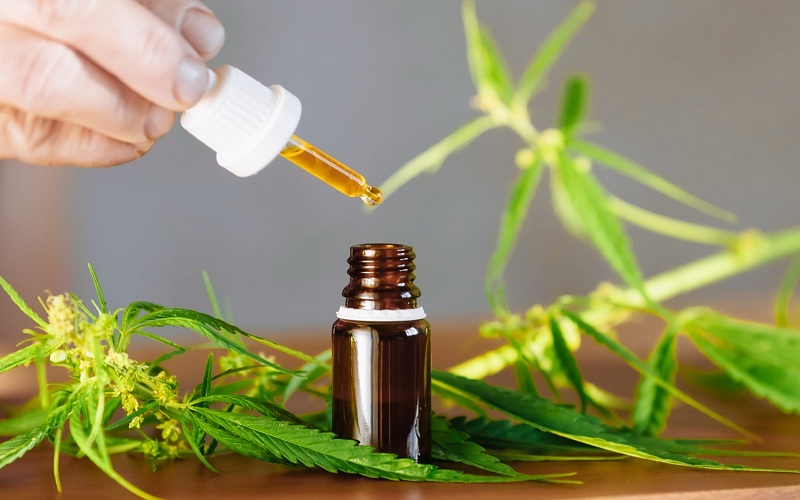Marijuana reform has easily been one of the most visible movements in the U.S. over the last 10 years are so. Pro-marijuana advocates have done a fantastic job of taking their movement to the streets. It has truly become grassroots. However, something seems to have been lost along the way: respect for the law.
When a state chooses to legalize medical cannabis, recreational marijuana, or both, its lawmakers are establishing regulations that apply only within their borders. What they do in their respective states has no bearing on what happens in other states. It also has no bearing on federal law. Therefore, state-legal marijuana is still only state-legal. Marijuana remains federally illegal. The question then becomes one of which laws take precedent.
Federal Control over Drugs
The federal government has exercised control over drugs for decades. This includes both legal and illicit drugs. Furthermore, courts have confirmed the federal government’s constitutional authority to do so. So yes, Washington did have the legal authority to make marijuana an illicit substance back in the 1970s.
Think about the implications of that for just one minute. It is still illegal under federal law to cultivate, process, sell, or possess marijuana. The fact that federal authorities choose not to go after marijuana crimes doesn’t change the fact that those crimes are being committed. It doesn’t change the fact that criminals are breaking the law. It simply means that federal authorities are letting them get away with it.
Why does this matter? Because it seems as though we have reached a point at which some pro marijuana advocates are as ambivalent about state laws as they are federal laws. A recent piece published by the West word offers the perfect example.
Transporting Across State Lines
The West word bills itself as “Denver’s independent source of local news and culture.” It recently answered a reader-submitted question about how to find marijuana on an extensive, three-state ski trip. The answer seems to suggest purchasing pot in Colorado or Idaho and then packing it for the trip.
Readers are warned about driving through Utah with marijuana because the state still doesn’t allow recreational consumption. That’s true, and drivers need to be aware of that fact. But there is a greater issue at play here: transporting marijuana across state lines is illegal regardless of whether the user is a recreational are medical user.
It would be illegal for a Colorado or Idaho resident to bring medical cannabis into Utah. It would be illegal for a skier to travel between the three states with a bit of marijuana tucked away in the luggage. It is against the law to transport marijuana across state lines, period.
Cultivation Laws to Consider
There are also cultivation laws to consider. Again, let us look at Utah. According to the owners of Utah dispensay Beehive Pharmacy, state law mandates that all cannabis consumed in Utah must be cultivated in Utah. Anyone visiting the state much purchase medical cannabis from a state-licensed pharmacy. There is no bringing your own medical cannabis in from out of state.
Cultivation laws are generally designed to prevent out-of-state operations from coming in and dominating a market. It is a way for states to keep the money within their own borders. Whether any of us likes it or not, states are free to make such laws.
The point of all this is to stay that state-legal marijuana is still state-legal only. It is not federally legal. But that doesn’t seem to matter to some in the pro-marijuana community. Could that be why so many people are still so opposed to legal marijuana?




